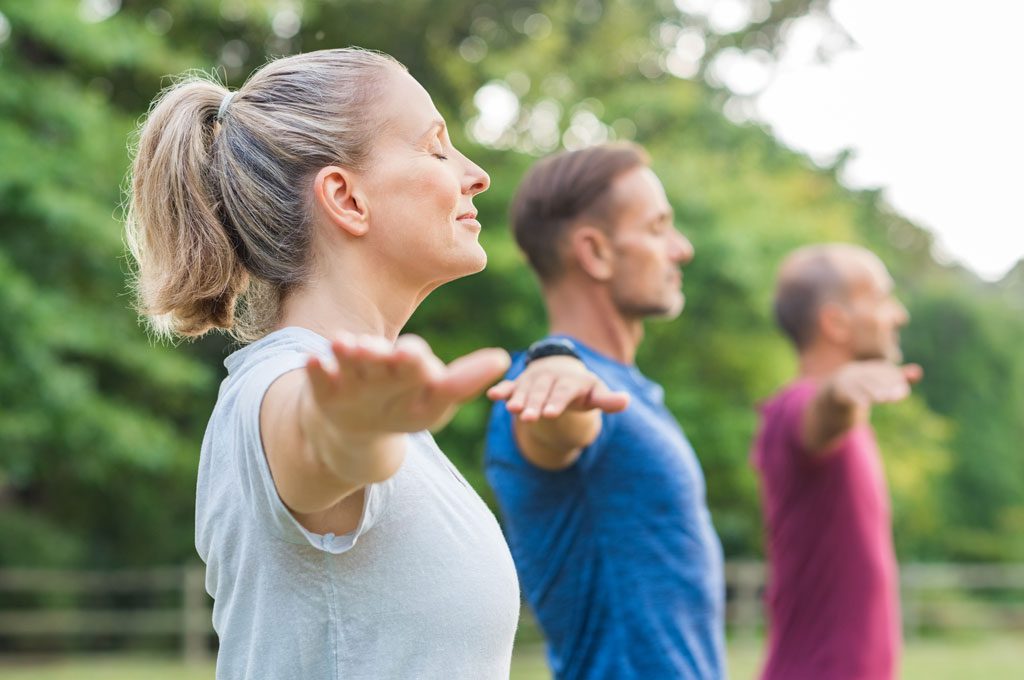Stress visits us all from time to time, and many of us have enough of it to look for ways to reduce its harrowing effects.
There are the obvious, unhealthy ways to numb our feelings: alcohol, over- or under-eating, sluggishness. And, at a certain point, a doctor may prescribe medication to help. But there are ways to reduce stress and anxiety without harming our health or turning to prescriptions.
Emily White, a primary care physician with St. John Clinic in Bixby, says stress is often a natural reaction to the world around us.
“A stressful situation can trigger a cascade of stress hormones, resulting in an increase in heart rate, blood pressure, breathing rate and muscle tension,” says White, adding that this is a normal part of our alarm system to danger.
But, over time, this stress can wreak havoc if it continues without cause.
“Even if it seems we’re building a tolerance to stress, our nervous system is still dealing with an overload, which can seriously affect overall health,” says Juli Johnson, an advance-practice nurse in medical oncology and integrative medicine at INTEGRIS.
Both White and Johnson recommend lifestyle changes such as switching to a healthy diet, exercising and getting enough sleep to reduce stress. Some other activities also add to the relaxation process and support a calm lifestyle long-term. Many of these options can be used to create a peaceful bubble … even in a stressful environment.
A first step should be to spend some time examining our lives. Johnson suggests that self-reflection, and taking a mindful approach to the day, can go a long way toward identifying ways to reduce stress.
“Is there room for a little meditation or movement in your day? Turn off the screens for just a few minutes and pay attention to your breathing,” she says.
Once we’ve slowed down to reflect, concentrating on breathing can also help in several ways.
“[Deep breathing] can activate the parasympathetic nervous system or the ‘rest and digest system.’ When this system is dominant, your breathing slows, your heart rate drops and your blood pressure lowers as the blood vessels relax.”
Johnson also has a specific recommendation for a way to unwind that can be part of a daily routine: using the soothing power of water by steeping a hot cup of chamomile tea. The calming effects of chamomile can also be taken in a supplement for those who don’t like tea.
“If anxious thoughts and feelings tend to follow you, or if irritability and bouts of mild depression are a struggle in your life, give the humble chamomile flower a closer look,” she says.
Yoga may be another activity to consider fitting into your routine to stay calm. White says that multiple studies have shown that engaging in exercise or yoga several times per week can be comparable to other anxiety treatments.
Finally, White says we might want to look at what is going into our minds to identify causes of stress and anxiety.
“What we fill our minds with has a profound effect on us. Make sure you fill your mind with the right things – replace negative thoughts with positive thoughts,” she says.























